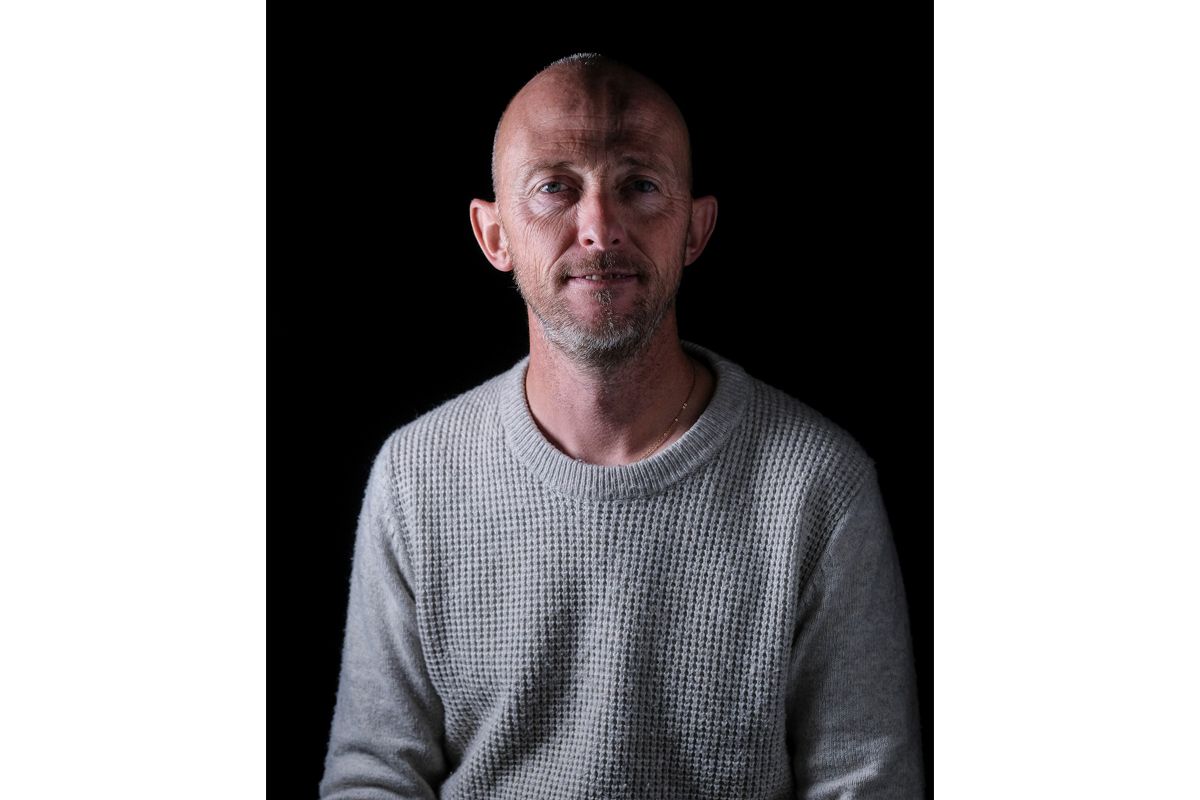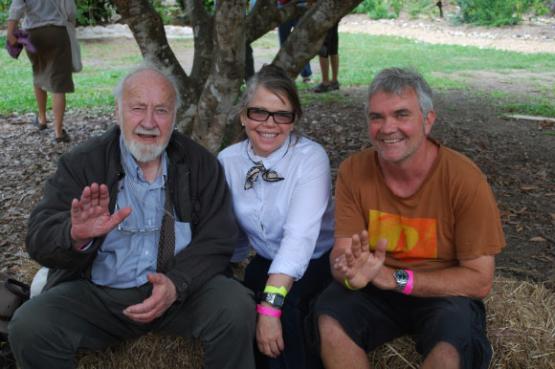
Christian Binner - Natural Wines in Alsace
3 min read
The domain Christian Binner, located in the Alsatian heartland, has been in the same family since 1770.
“It was five hectares when I began ten years ago; now we are 15 hectares. We grow the typical grape varieties in this area: mainly Riesling - because we love this grape variety - but also Pinot Noir, Gewurztraminer, Pinot Gris, Auxerrois, Sylvaner, Muscat, Pinot Blanc. Like everywhere in Alsace, the diversity of the soils is amazing.
Granite always gives something vertical; the chalky soil gives something more horizontal. We have full bodied and complex wines: when you put them in the mouth it is something very soft and powerful but always the verticality, which is coming from the granite, gives the freshness and elegance that we like.
We have been organic for years and certified since 2004. Our soils have never been polluted by pesticides. We practise biodynamics and are also certified Demeter.
The weather is more warm now because of climate change. I really like the influence of permaculture: to stop ploughing the vines and ploughing the soil; to always have something growing and never leaving the soil naked. And also planting some trees like agroforestry. These are the influences we like now.
We do a lot of things to keep maximum humidity in the soils. We have the luck to have a lot of life in the soils because they have never been killed with grass killer and a lot of ploughing - a lot of bullshit things. We now have freshness in the wines even when the weather is very hot.
For skin contact wines and red wine we never destem. We love ripe grapes. If the stems are ripe then we can have a maceration with the stems. When you have great soils, ripe grapes, a nice team of harvesters who don't pick the bad grapes, who know how to select - then things are quite easy.
For me, if you have a very nice biodynamic grape that did not suffer from dryness then the tannins you will extract are always soft and smooth. They won’t be sharp and bitter. Then you can have fun, you can do what you want. Because the grapes are such good quality. If it's a bad vintage and the grapes are not ripe then you have to take care.
I think Alsace is a special region with a special warm climate and also grape varieties which are very aromatic. I understood, when tasting wine in Slovenia or Italy, that aromatic rarities are very good with skin contact. With maceration, we keep the tannins and the freshness that we lose when we directly press this grape variety. Gewurztraminer in direct pressing in white is such a boring wine.
"With Sylvaner or Riesling, which are not aromatic grape varieties, maceration makes no sense"
With Sylvaner or Riesling, which are not aromatic grape varieties, maceration makes no sense - I prefer making white white wines which are more fine and elegant. Some wine growers are saying Sylvaner and Riesling are very interesting for maceration but I have no vibration. Okay, everybody's different.
There is no rule for how long we make a maceration. But I love long macerations. And for the Cuvee Si Rose, on the good slopes with the old vines, we made a very long maceration of eight months. Because I think it's very interesting how a long maceration gives a lot of complexity and length into the wines. Sometimes it's a bit too tannic, too much extraction, but with the ageing I think that gives really crazy wines.
After the maceration I like ageing the wines in our traditional old oak tanks, the big foudre in 20, 30, 40 hectolitres - long ageing to give complexity and elegance to this long maceration.
Now we are beginning to make a solera system to age the Si Rose more and more. I like the idea of having a young wine which gives the freshness and the fruit fruity aroma but to have more complexity and length.
The most difficult part is to have enough space and tanks for the grapes. And to organise the maceration because Alsace has a great variety of white grapes. Before, all the cellars were organised to make white and just a little bit of red. Now, because we always make more and more maceration we need more red grape cellars with tanks.
For me, it's not the grape variety which decides the length of the maceration. It’s the terroir, the quality of the vines. And also the vintage because some vintages need to be more macerated: probably the hot vintages to extract more body and more bitterness and tannins to find a balance; and for the cold vintages it is more interesting to be more soft.
For me, white wine white is perhaps something that has been invented by technology, by the machines which made another type of wine. Probably we are now discovering again the orange wines, which was once just the normal way.
Many people are saying now that the region who makes the most quantity of skin contact wines in France is Alsace. I'm not afraid because the climate and grape varieties are very adapted to that.”


